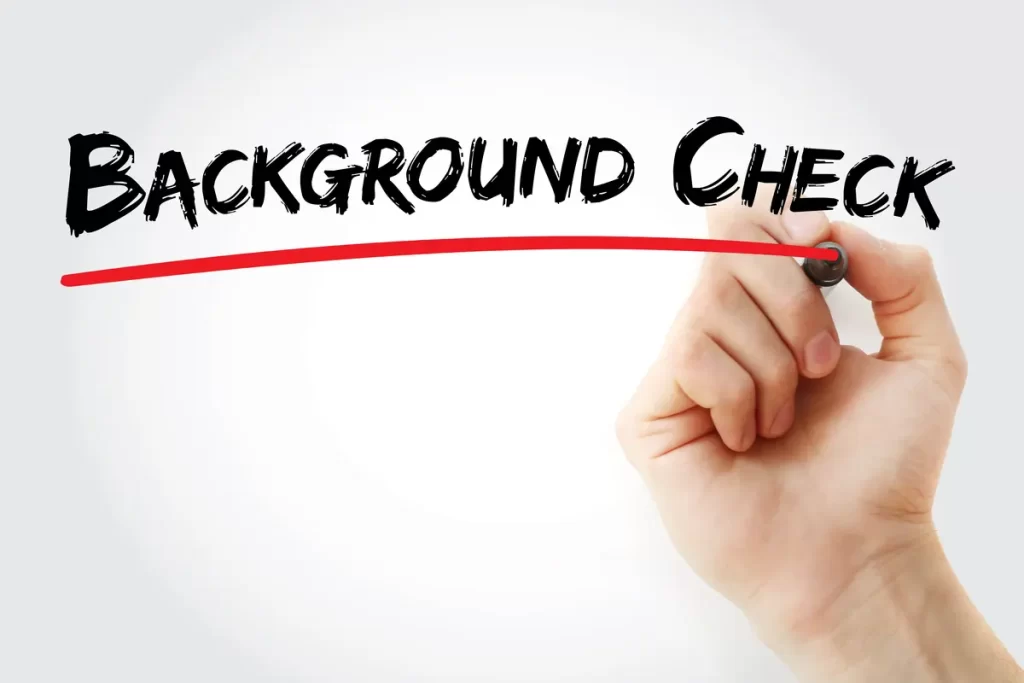Automatically sealing Colorado criminal record sounds like a good thing, right? It can be if the disposition of “charges not filed” is entered as the disposition. A Colorado arrest is sealed because charges were never filed, but the disposition of “charges not filed” isn’t automatically entered as the formal disposition. Without this critical phrase, there can be significant issues years later.
NFA Applications Being Denied
To understand the critical nature of the problem requires some background information. This issue came to our attention in the context of firearm trusts. The primary purpose of a firearm trust is to hold items requiring permission from the Bureau of Alcohol, Tobacco, Firearms, and Explosives (BATFE or ATF) to own. These are called NFA items because they are regulated by the National Firearms Act. The most common NFA item is a suppressor. As part of the permission process, a background check is run by the Federal Bureau of Investigation (FBI – https://www.fbi.gov/). Recently, the FBI has been denying NFA applications because the criminal record is missing specific information.
We help our firearm trust clients provide the missing information. We obtain the Colorado Bureau of Investigation (CBI – https://cbi.colorado.gov/) criminal history and see charges with no disposition. A disposition is like the conclusion of a story. The sequence involves three Colorado agencies: The arresting agency (police or sheriff), the prosecuting agency (City Attorney/District/County Attorney), and the court. Sometimes, there is an arrest and then the prosecutor decides not to file charges. Or there is a court disposition but that disposition did not make it into the CBI system.
Problem Goes Beyond NFA Trust Issues
The problem goes way beyond buying a firearm. For example, this can cause problems entering another country, passing a background check in another state, or getting a security clearance. Although the record is sealed, any law enforcement agency can see the sealed record even though the general public cannot. For the most part, this is not a problem at the Colorado level. Many if not all of these individuals could pass a CBI background check because Colorado agencies understand the Colorado system.
We get involved in cleaning up and linking up the CBI criminal records so the FBI and other law enforcement agencies can see the disposition, provide a conclusion to the story, and the firearm trust client can get permission to own the NFA item. It is a tedious, time-consuming process. Sometimes it is a few hours on the phone with the police, court, or CBI. At other times it involves physically retrieving the records and getting letters from agencies. However, if the records are destroyed, getting a disposition entered or a disposition of “charges not filed” is very difficult. With many municipalities, the records are destroyed in as little as three years.
Automatic Sealing Doesn’t Include Entry of A Disposition
With all this as a background, let’s turn to automatically sealing arrest records. The situation is an arrest occurs and charges not filed. A year goes by, and Colorado automatically seals the record without entering a formal disposition. Public can’t see it. Arrested individual can’t see it. Law enforcement and related agencies still see it.
More years pass and the arresting agency destroys the records. Then, the arrested individual gets a background check in another state, the background check is through the FBI, or the individual tries to enter Canada. There is no disposition in the record, and according to this other jurisdiction’s rules there must be a conclusion to the story. Without a disposition, you are stuck, and we probably cannot fix it because the records are destroyed.
The arrested individual has no idea there is a problem because the record is automatically sealed. Automatic sealing sounds like the conclusion to the story, right? Wrong. The individual may pass background checks in Colorado, other states, or at the FBI level. The problem is a rule was changed. This is the exact situation our NFA trust clients face. Many of them never had an issue applying for an NFA item in the past. Today, they do because somebody changed a rule.
Make Sure A Disposition Is Entered
The conclusion to this story? The conclusion to this story is to get the conclusion to your story “charges not filed” entered into the CBI record as the disposition. Those are magic words. Anything short of the magic words is insufficient.


 Colorado Firearm Background Check Requirement For Trusts
Colorado Firearm Background Check Requirement For Trusts